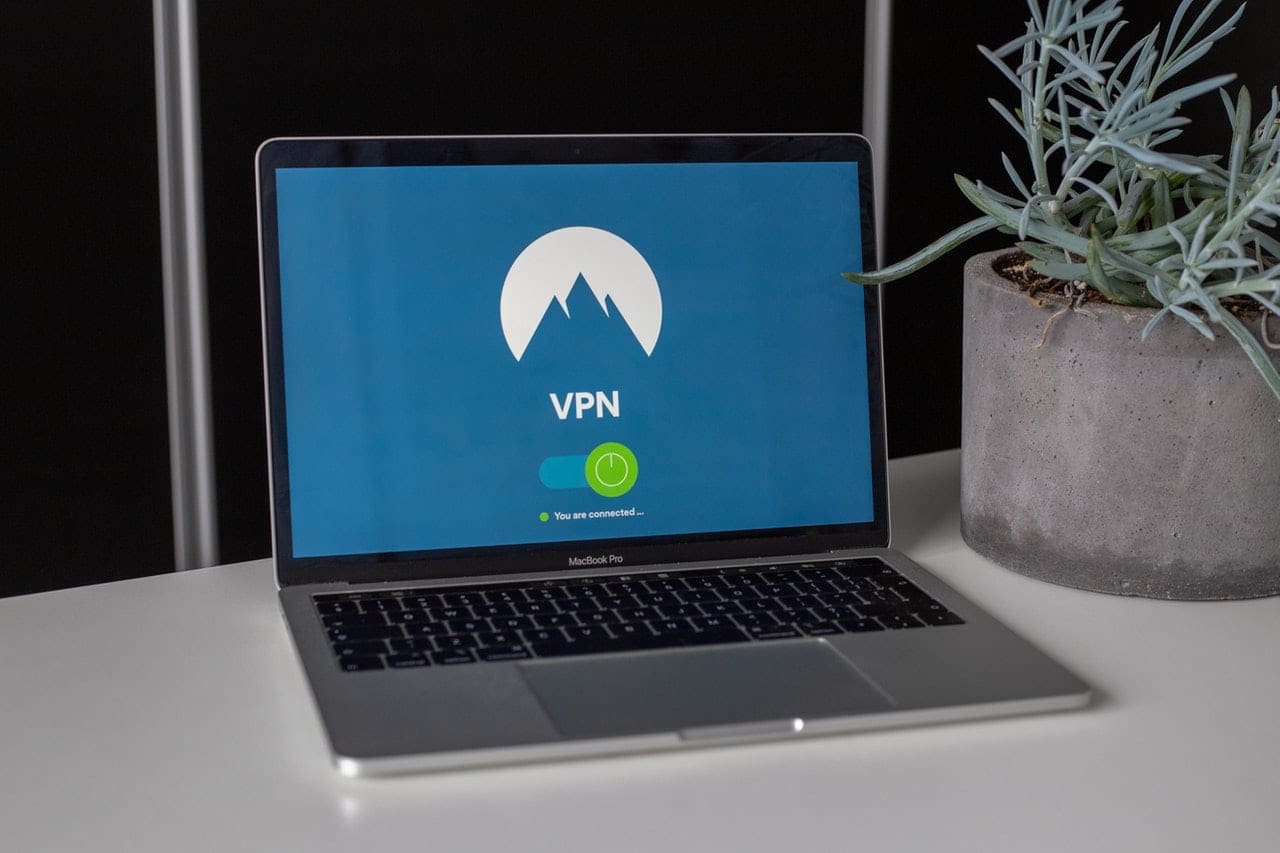VPNs are a well-known tool used to provide privacy and security for your browsing data.
Tor, on the other hand, is generally less well known, although it is relatively popular.
Tor is an anonymity web link with its own routing protocol used to communicate over the internet.

Tor is an acronym that stands for The Onion Router which was the original project name.
Tor uses multiple hops and encryption layers to protect its users from being identified and tied to their usage.
Both tools connect to remote servers to make it appear as if your traffic was coming from somewhere else.
This three-stage process significantly increases the difficulty of deanonymizing any connection.
Tor is a distributed, free, and open-source, community-driven project.
This means that most Tor nodes are run by volunteers.
Some may be home users, others run by businesses or privacy advocation groups for example.
The upside of this is that a single bad actor cannot compromise the entire internet.
The downside is that it is a lot easier for a bad actor to affect their small part.
The tor internet tool provides a direct method of accessing the hidden onion services on the dark web.
Whereas most VPNs do not, unless an onion over VPN feature is offered.
Historically, a lot of research has gone into security analysis and deanonymizing the use of the Tor connection.
VPNs tend to be less associated with criminal activity than tor is and are less likely to draw attention.
In reality, only the Tor web client traffic is transmitted through Tor.
Whereas most VPNs apply their tweaks rig-wide, meaning the communications of all apps are protected.
Conclusions
VPNs are a reliable tool to protect your privacy and security when browsing at home or when travelling.
Neither is necessarily better in general than the other, they each have their use cases.
The one you should use depends on what you want out of it.
Some VPN providers offer an Onion over VPN service.
These services connect to your VPN as normal, then connect from the VPN server to the Tor internet.